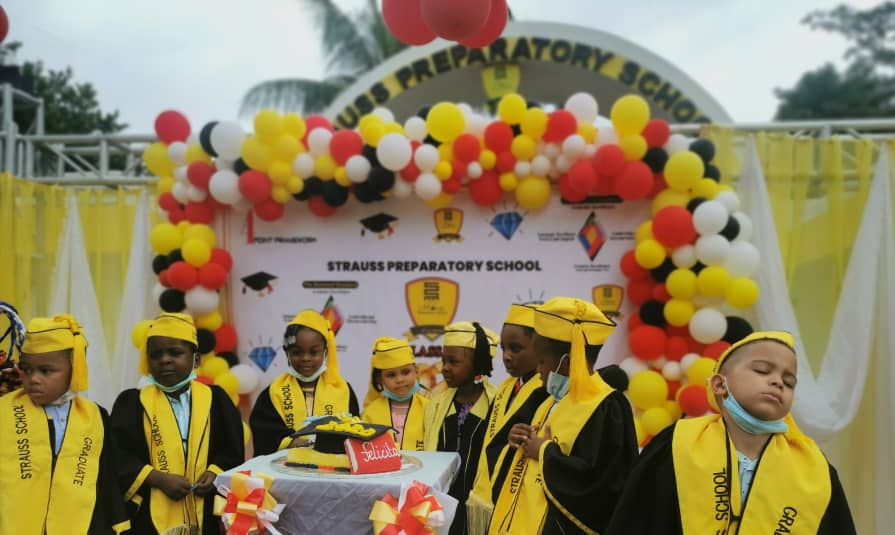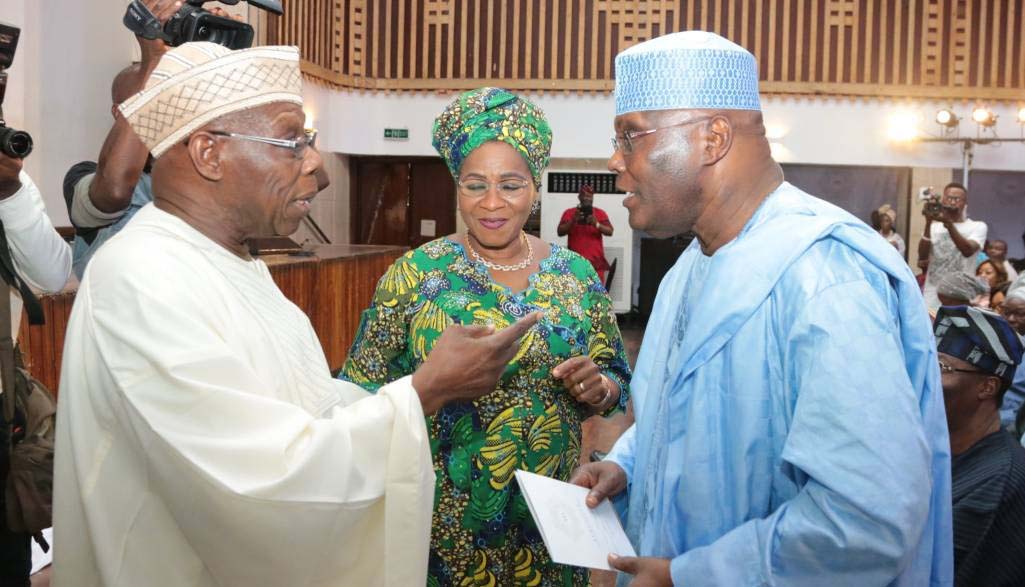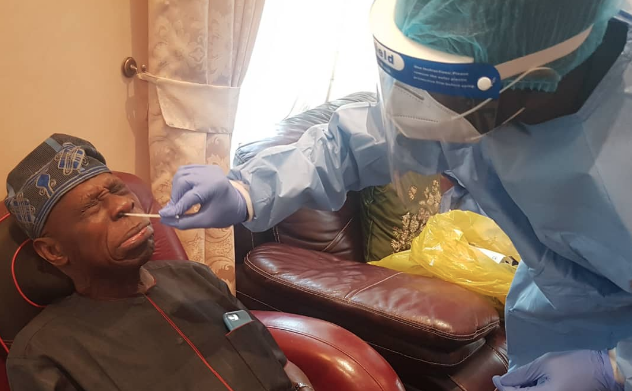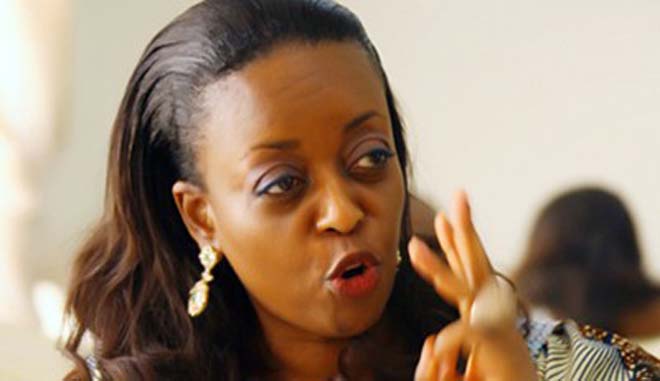Prolonged online learning and the absence of social interactions could have an impact on the mental health of children, Golda Obi, founder, Strauss Preperatory School, Abuja, has disclosed.
While the COVID-19 pandemic has forced schools to resort to online learning methods, Obi stressed that social interaction is very important for the mental health of children, and they should not be made to stay locked up for a long time.
“Sometimes, we don’t realise that the mental health of children count because they are not expressive with that, but it does count. And we must take their mental health into consideration, and in my opinion, they can’t stay locked up indefinitely and just stare at their computers,” she said.
She said Strauss School, if the federal government permits, is making plans to have group meetings with its pupils to enable them interact socially.
Advertisement
Obi, who stated this during the graduation of nursery 3 pupils into year one on Friday in Abuja, described the graduation ceremony as extra special, because the graduands are the first set to adopt the full French immersion programme.
“This set of children that graduated today went through three years of an exclusive French programme. Every single subject in the early years curriculum was taught in French and that was amazing; amazing because we were following the standard British curriculum while delivering it in a foreign language,” Obi said.
“So, these kids you see here today, by the time they are getting out of school, they are going to be fully bilingual in French and English.
Advertisement
“The pupil who delivered a fantastic speech today in French, when he joined this school at age two, he couldn’t speak French. But now, he can learn, read, and write in French. So, I am ecstatic to see that with the hard work we put into these children, they came out topnotch.”
She further explained that the essence of the bilingual learning is to expand the opportunities of the pupils after school and enable them fit in anywhere.
“Now, I don’t know if everyone is aware of AfCFTA that has come up. When you look at English countries in West Africa, we are a little bit in isolation. There are more counties in Africa that speak French. At least in ECOWAS for instance, we are just about five English-speaking nations and nine French-speaking. So, it is a no brainer. If we’re going to have AfCFTA, it means that Nigeria that predominantly speaks English will have to trade with their neighbours who are French,” she said.
“The children my school is grooming are the leaders of tomorrow. The jobs they’re going to have have not even been created. They can write WASSCE in whatever language. They can go to school in English West Africa or French West Africa. The opportunities that our programme will open to them is unimaginable. Four hundred million people on the planet speak French, so these kids can fit in anywhere.”
Advertisement
Obi, however, pointed out that children are able to speak seven languages simultaneously, and teaching them with two languages will not confuse the children as being speculated.
She said it is expected that children will mix up languages at the early ages of two and three, but said as they get older, they begin to streamline the languages.
“I have had parents say the pupils are confused. No, it is alright for them to be confused at the age of two and three, but where it counts, the important thing is that when they get older, they’re no longer confused.”
Advertisement
Add a comment






